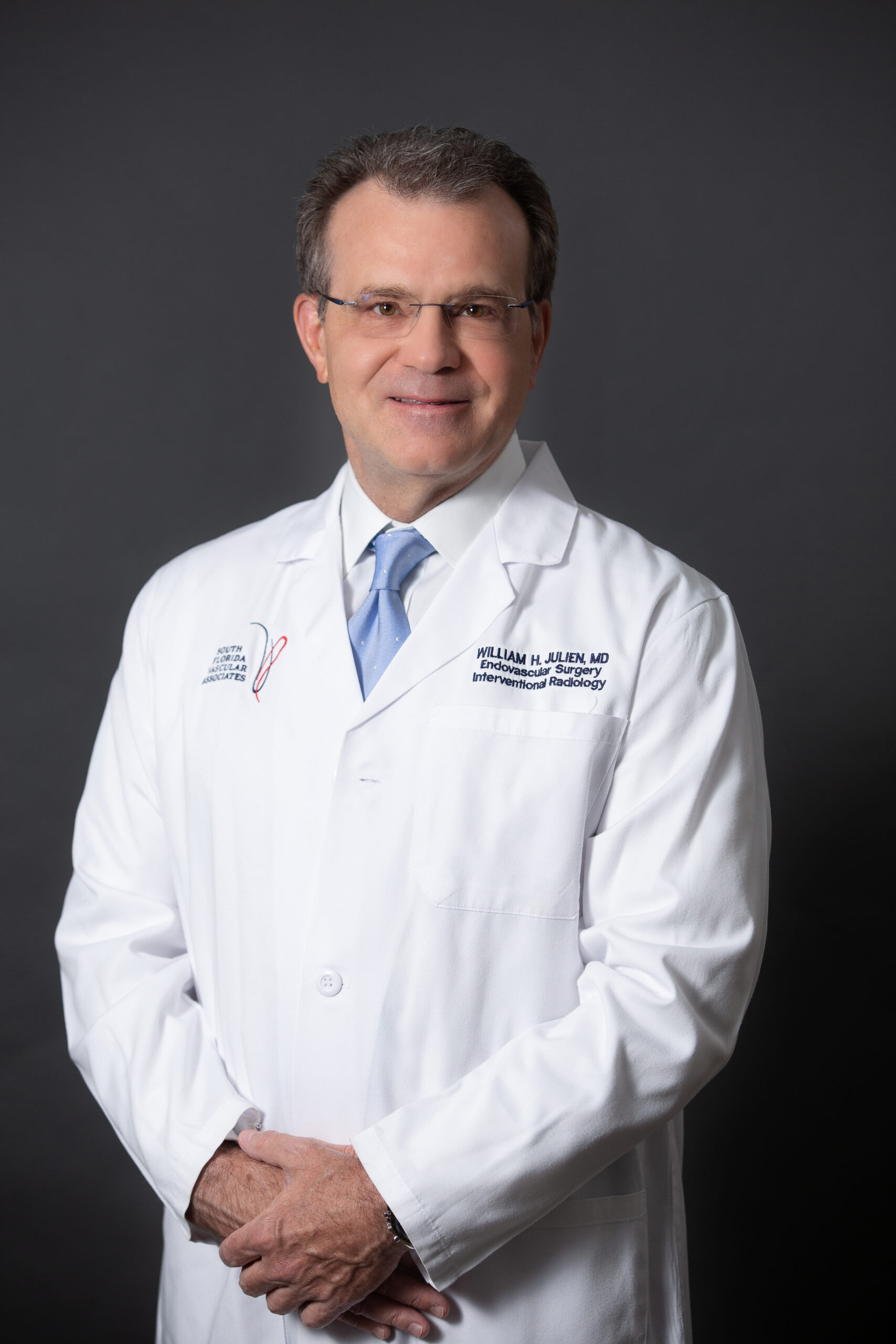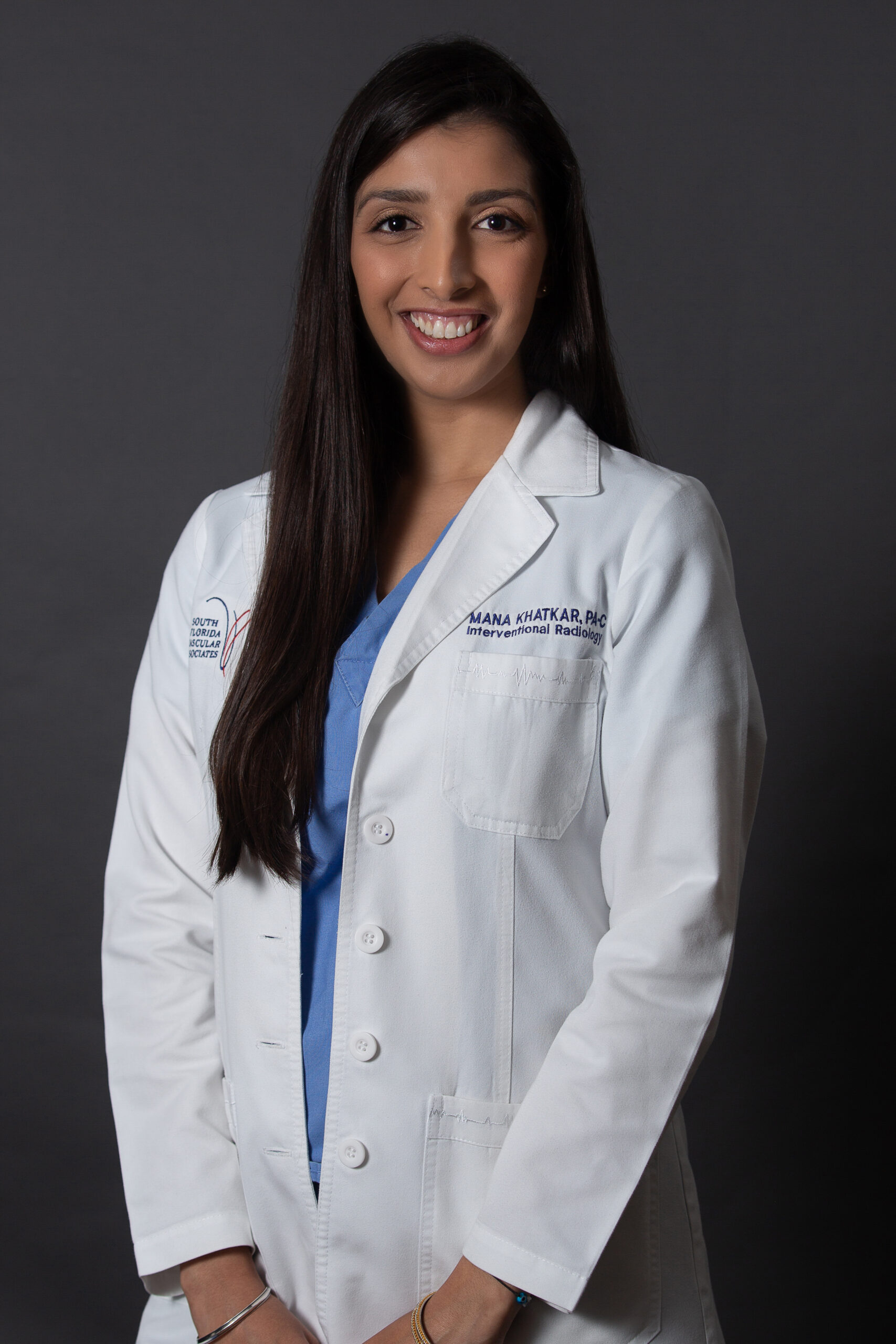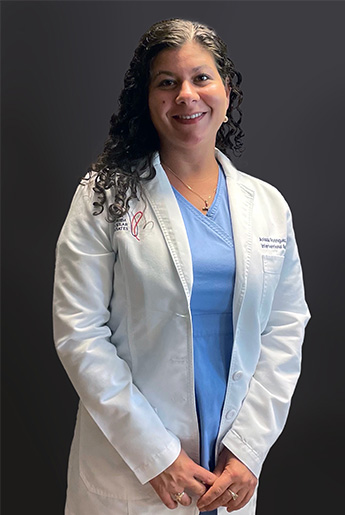Quick Links
What are Uterine Fibroids?
Fibroids are noncancerous growths made of connective tissue. Fibroids grow on the wall of the uterus where they may cause uncomfortable symptoms but are not malignant. They are typically smooth and round bumps but they may sometimes be attached to a “stalk” like a mushroom.
Uterine fibroids are very common and many women have them without realizing it – meaning they don’t always cause symptoms. When they do cause symptoms, they can be treated with a minimally invasive procedure to remove them. Rarely, fibroids can cause complications like anemia due to consistent and heavy bleeding. Even more rarely, they may interfere with fertility.
Symptoms and Risk Factors
Fibroids don’t always cause symptoms and may only be discovered during a routine pelvic examination. If they don’t cause symptoms, they may be very small (less than an inch). Others may become more than six inches in size, causing very disruptive symptoms. These can include:
- Long and heavy periods including clots
- Bleeding between periods
- Pain during sex
- Constipation or bloating
- Enlargement of the stomach
- A frequent need to urinate
- Fatigue accompanied by low blood count
- Lower back pain or pain in the back of the legs
It’s believed that hormones such as estrogen and progesterone play a role in the development of fibroids. They occur most commonly in women of childbearing age. Generally, fibroids grow during periods of high hormone levels (such as pregnancy) and shrink during periods of low hormone levels (such as menopause).
Risk factors for uterine fibroids include excess body weight, not having children and a family history of fibroids. Getting your periods at a younger age or transitioning to menopause at a late age may also be risk factors.
How Are Uterine Fibroids Diagnosed?
Fibroids are typically found during a routine pelvic exam by your regular physician. They’re often confirmed using imaging such as an ultrasound or CT scan. Once their location and size are confirmed, our team will discuss your best treatment options.
Uterine Fibroid Treatment Options
Treatment for fibroids depends on factors such as their size and associated symptoms. In some cases, fibroids may be managed with birth control or hormone therapy. Hysterectomy, or surgical removal of the uterus, is used only in cases where fibroids are chronic and you have no future plans for pregnancy. Uterine fibroid embolization is one of the best options because it can be performed as a minimally invasive outpatient surgery. It involves inserting a probe through a tiny incision and locating each fibroid with imaging guidance. Particles are injected into the nearby blood vessels which blocks blood flow to the growths. This causes them to shrink and die off. Our team performs this groundbreaking procedure at our state-of-the-art surgical facility, avoiding the need to go to the hospital.
Providers
Schedule a Consultation
At South Florida Vascular Associates, we offer minimally invasive treatment of uterine fibroids at our spa-like office. To meet with our knowledgeable team and learn more about how you can achieve relief from symptoms, contact us today. We conveniently serve Coconut Creek, Boynton Beach, and Plantation, as well as the greater Southeast Florida area.





